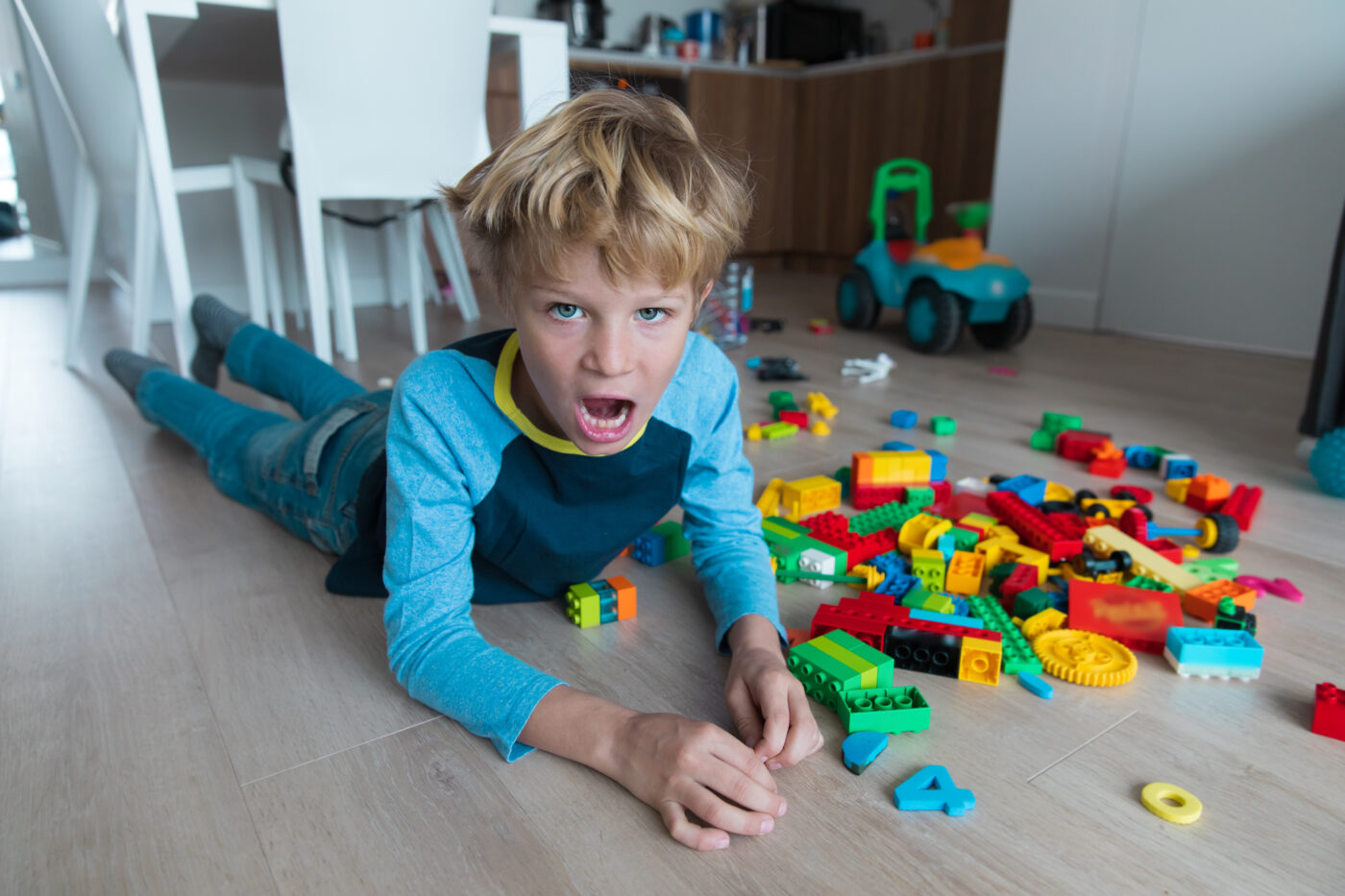“Ethan…”
“Ethan…”
“Ethan!”
That’s how I tried to get the attention of one of my students. I didn’t yell, but I did raise my voice just a bit. I had to because Ethan had sneakily pulled his phone out of his backpack and was watching YouTube instead of reading along with the rest of the class. As I tell my students, I can’t compete with screens.
Because I’m a teacher, and I’m with 100 plus students five days a week almost eight hours a day, I get to see the effects of screen time on children in an academic setting in real time. I see things that, before I became a teacher, I had no idea were happening. Here are 3 screen time insights I’ve gained and a teacher-inspired fix for each.
Insight 1: Screens = regret.
One of my 12-year-old students showed very mature insight about what she had missed because of screen time. She wrote that when she was younger she’d sit on her tablet all day watching YouTube. Later, when her friends showed her videos of themselves playing outside, she wished she “could go back and live something that I never got to experience.”
“Now that I’ve lost it,” she wrote, “I want to go outside and laugh and giggle again, but I can’t find anyone to hang out with because of phones and computers.”
I don’t know about you, but this broke my heart. Your child can’t get back time.
The teacher’s fix? Before you let your kids jump on their screens, try this: Write a different length of time on several slips of paper—15 minutes, 30 minutes, and so on. Put the slips of paper in a basket and let your children draw one out before screen time. If they draw out 30 minutes, they get 30 minutes of screen time before they put away the screen and play for 30 minutes without screens.
Insight 2: Screens = sleepy students.
Lots of my students yawn, act irritable, or work very slowly. More than half my students tell me they are on their screens way past their bedtimes, past 11, 12, one in the morning.
Even my high-achieving students sheepishly admit that they’re up super late on their devices, and their parents have no idea. The late-night screen use shows in their grades and participation.
Picture your child fighting to keep her eyes open while she sits in class. Or imagine your son looking discouraged and down while he tries to learn his vocabulary in English class, but he can’t because he’s just too tired.
The teacher’s fix? This remedy isn’t fancy, but it works: Remove your child’s device from her room at bedtime. It can’t be anywhere within her reach or sight. If your kids use their phones for an alarm clock, for pre-sleep meditation, or anything else, try to find alternatives. The temptation of having a phone in their rooms is too great for most kids.
Insight 3: Screens = disconnection.
More of my students are asking to work alone when I give group assignments. When they are in a group, they don’t know how to interact with their peers. They can’t initiate a conversation or work as a team, and more students are asking to sit away from other students. I’ve also seen an increase in the number of students who don’t look me in the eye when they’re answering a question. Real life interactions challenge kids who get too much screen time because they haven’t had enough practice in the give and take of face-to-face socialization.
Reading emotional cues is important in developing strong relationship skills. As screen time increases, the ability to do that decreases. Students who can’t read other people have a harder time connecting. I see misunderstandings and hurt feelings develop when kids totally misread what’s happening in social interactions.
The teacher’s fix? When your child gets together with others—friends, grandparents, cousins—have non-screen activities and supplies at the ready: bake cookies, build an indoor or outdoor fort (or destroy something), have scavenger hunts. Let your kids interact and work through the discomfort of knowing what to say. Kids at one camp who went five days without screens improved their ability to properly read nonverbal emotional cues. Make talking to others a game with iMOM’s free Conversation Starters printables.
Sound off: How do you manage your children’s screen time? Are they allowed to have phones at school?











Huddle up with your kids and ask, “If you could call anyone in the world right now, who would you call?”